Publications
Articles, publications, books, tools and multimedia features from the U.S. Institute of Peace provide the latest news, analysis, research findings, practitioner guides and reports, all related to the conflict zones and issues that are at the center of the Institute’s work to prevent and reduce violent conflict.
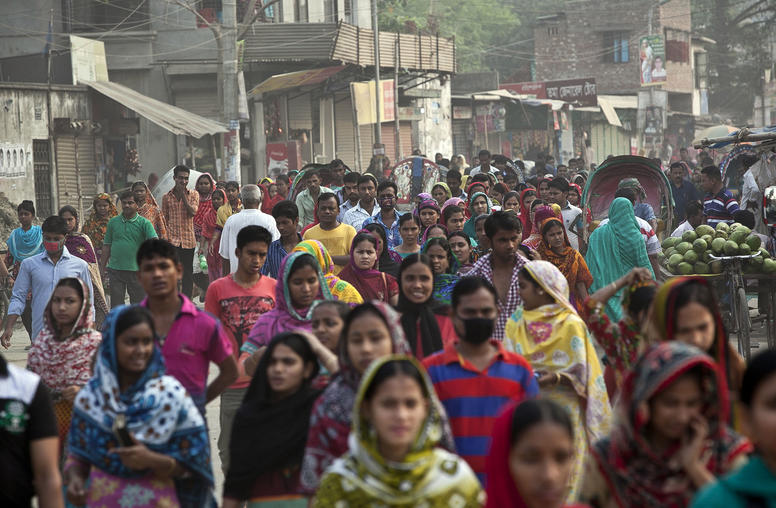
Bangladesh’s Balancing Act Amid the U.S. Indo-Pacific Strategy
As the Biden administration implements its new Indo-Pacific strategy, Bangladesh’s relationships with neighboring India and China are drawing renewed interest from U.S. policymakers. U.S. Undersecretary for Political Affairs Victoria Nuland visited Dhaka in late March and signed a draft defense cooperation agreement; last year, Special President Envoy for Climate John Kerry also went to Dhaka in advance of the Leaders’ Summit on Climate. At the same time, Washington retains concerns over democratic backsliding, human rights abuses and constraints on free and open electoral competition in the country. Experts Anu Anwar, Geoffrey Macdonald, Daniel Markey and Jumaina Siddiqui assess the factors shaping Bangladesh’s relations with its neighbors and the United States.
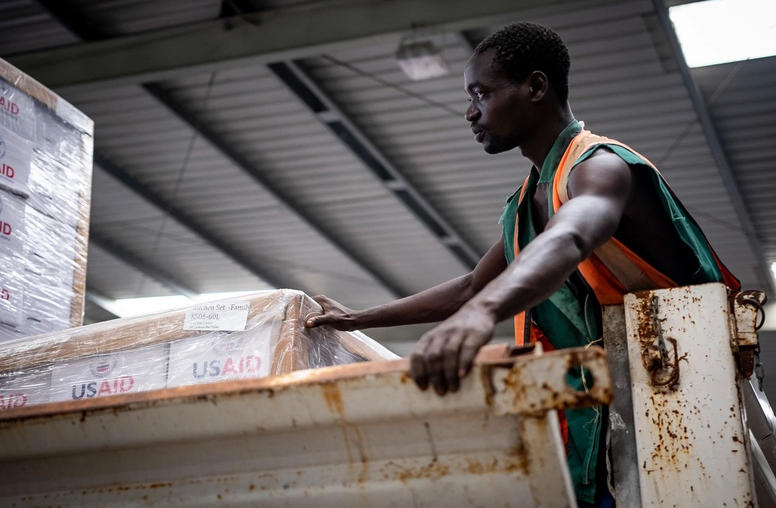
New U.S. Plan to Address Conflict Could Boost Mozambique’s Gains
Since 2017, an Islamist insurgency has terrorized Mozambique’s northern province of Cabo Delgado. Known locally as al-Shabaab, the group has committed heinous acts like beheadings, abducting children and destroying schools and hospitals, leading to a humanitarian disaster and over a million displaced Mozambicans. The violence has also threatened the development of natural gas fields that would strengthen the country’s suffering economy. Fortunately, the militants are now on their back foot after Mozambique’s neighbors sent troops in July 2021 to counter the ISIS-linked group. But the region’s problems are deep-seated and will require sustained engagement to stave off further violence and advance peace. Last Friday, the United States signaled it was prepared for such a commitment to Mozambique.
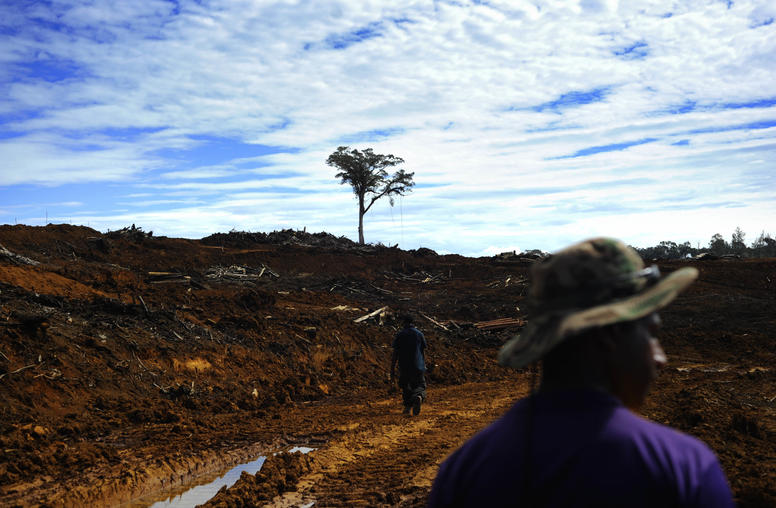
New U.S. Plan is an Opportunity to Deepen Engagement with Papua New Guinea
In terms of geographical size and population, Papua New Guinea (PNG) is by far the biggest country among the Pacific Islands, a region increasingly central to U.S. strategic interests. Along with neighboring Solomon Islands, PNG is at the center of a growing geopolitical contest involving the United States and its allies and China. PNG has also long been wracked by domestic instability, which has depressed equitable economic growth and limited the country’s ability to play its natural role as regional leader and a bridge between the Pacific Islands region and East Asia. Despite PNG’s potential importance, the United States has a light political footprint in the country, particularly when compared to Australia, making PNG’s designation as a focus country under the Global Fragility Action (GFA) an opportunity to dramatically scale up engagement.
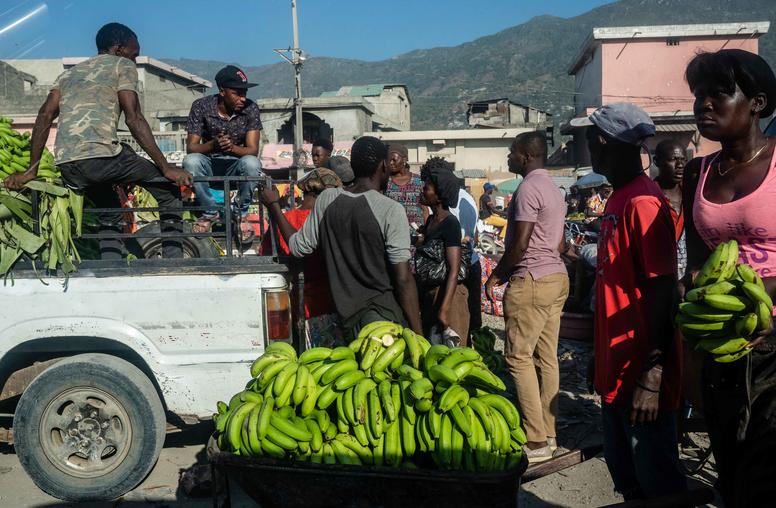
Can A New U.S. Plan Finally Give Haiti the Long-Term Framework it Needs?
Haiti represents the very definition of fragility. The country’s socioeconomic indicators are dire, with stresses on a battered economy reeling from COVID now exacerbated by fuel price spikes following Russia’s invasion of Ukraine and last year’s earthquake and tropical storm. The country’s health care system is in shambles. Gang violence restricts economic activity and instills fear. At its core, the economic and security collapse reflects a deep crisis of politics, where a staggering void of governance prevails. Given Haiti’s intersecting crises, the State Department’s announcement last week that the country would be designated as a priority under the Global Fragility Act is both welcome and logical.
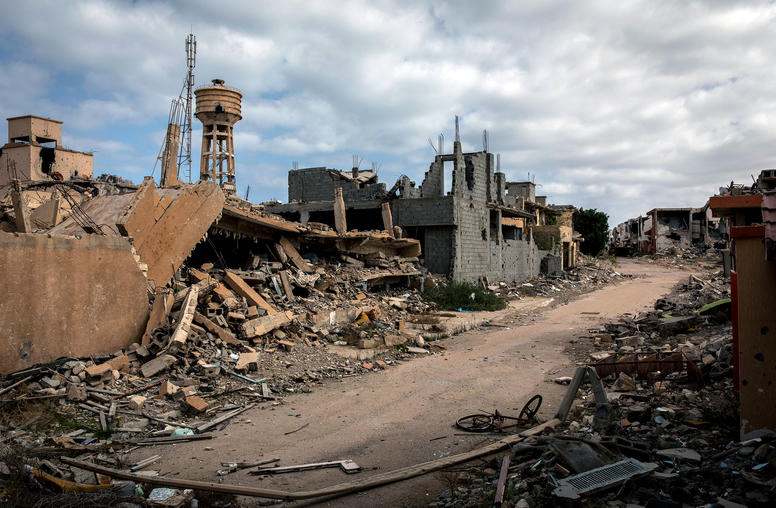
The New U.S. Plan to Stabilize Conflicts: The Case of Libya
Almost 11 years after ousting the dictatorship of Muammar Qaddafi, Libya remains a largely ungoverned land divided among warlord-led factions that fight with support from rival foreign countries. Libya’s instability resonates widely, permitting the trafficking of weapons to the Sahel and migrants to Europe. Repeated peace efforts have failed to help Libyans form a unified national government, yet Libyans continue to show the capacity to overcome communal divisions and build peace at local levels. That demonstrated capacity offers an opportunity that can be expanded by the U.S. government’s decision, under its Global Fragility Strategy, to direct a new peacebuilding effort toward Libya.
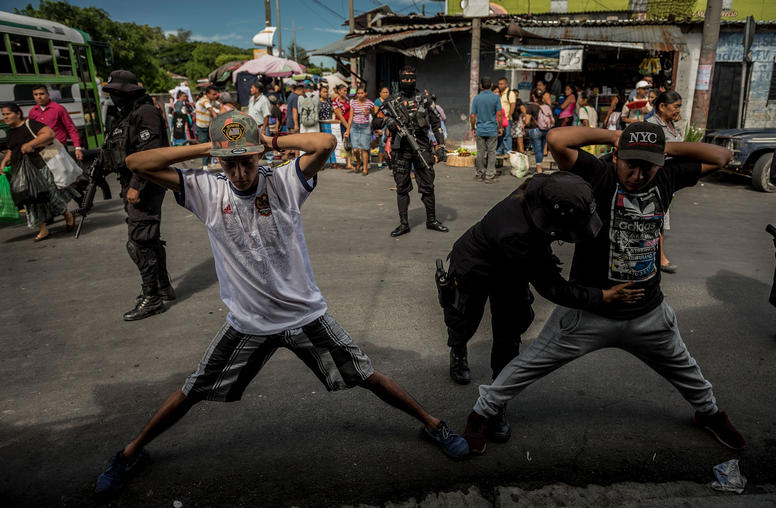
El Salvador Needs Long-Term Solutions to End Cycles of Violence
The government of El Salvador reacted harshly to a recent spike in homicides by imposing a state of emergency and rounding up thousands of suspected gang members. Recent history suggests that law enforcement alone cannot solve the problem without comprehensive gang prevention, intervention and rehabilitation programs in marginalized communities. USIP’s Mary Speck discusses violence in El Salvador and how the country can reduce crime while still respecting human rights.

El Salvador necesita soluciones a largo plazo para poner fin a los ciclos de violencia
El gobierno de El Salvador reaccionó con dureza ante un reciente aumento en los homicidios al imponer un Estado de emergencia y detener a miles de presuntos pandilleros. La historia reciente sugiere que la aplicación de la ley por sí sola no puede resolver el problema sin tener programas integrales de prevención, intervención y rehabilitación de pandillas en comunidades marginadas. Mary Speck de USIP analiza la violencia en El Salvador y cómo el país puede reducir el crimen sin dejar de respetar los derechos humanos.
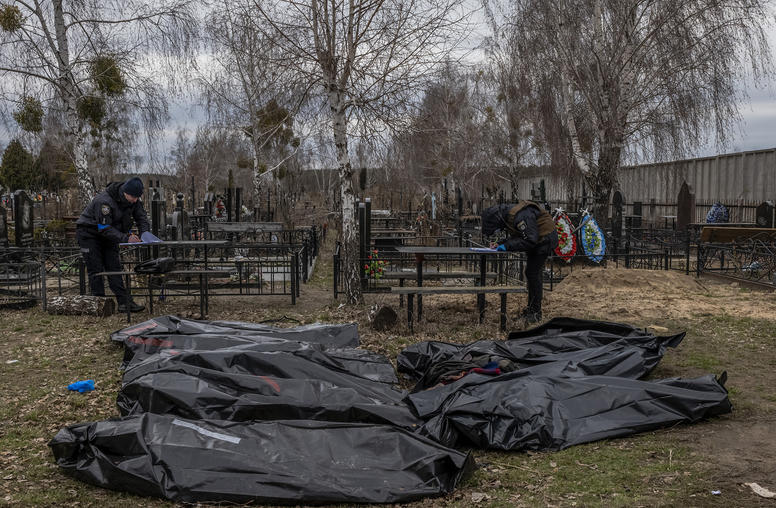
Ukraine: Justice for War Crimes Must Begin with Evidence
Photos and reporting emerging following the withdrawal of Russian forces from towns near Kyiv have triggered global revulsion, notably at the apparent summary execution of civilians. This initial evidence strongly suggests that Russian behavior in towns like Bucha and Irpin amounts to the widespread, systematic violence against civilians typical of atrocity crimes. World leaders have condemned the violence as war crimes, urging investigations and accountability. Ensuring eventual accountability for perpetrators and justice for victims means governments and others must quickly support the essential first step: the broadest possible collection of evidence.

A New U.S. Plan to Avert Wider Conflicts in West Africa
The United States is setting a new priority on building peace in five West African nations threatened by domestic crises and by violence that is spreading from the neighboring Sahel region. The White House named those countries among others in which to launch a new U.S. strategy to prevent violent conflicts in unstable regions. This choice signaled that stability in coastal West Africa is a vital U.S. interest — and that these five countries, while in varied stages of building democracies, can strengthen democracy and stability with more focused, long-term U.S. support. A broad consultation of scholarly and policy experts on coastal West Africa is buttressing that idea.
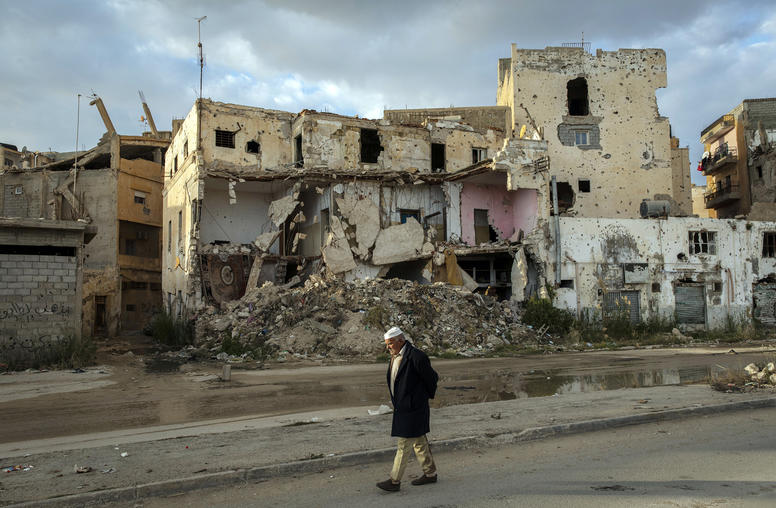
Implementing the Global Fragility Act: What Comes Next?
Amid the ongoing crisis in Ukraine, the Biden-Harris administration has quietly released a new policy that commits the United States to do more to “interrupt potential pathways to conflict” and reduce threats before they arrive on our shores. This new initiative comes at a difficult time for the United States and the world, given the full-blown crises that require the international community’s urgent attention, from COVID-19 to the climate crisis. Still, it represents an unprecedented and promising commitment at the highest levels of our government to apply the important lessons learned from decades of U.S. involvement in conflicts in Afghanistan, Iraq and elsewhere.